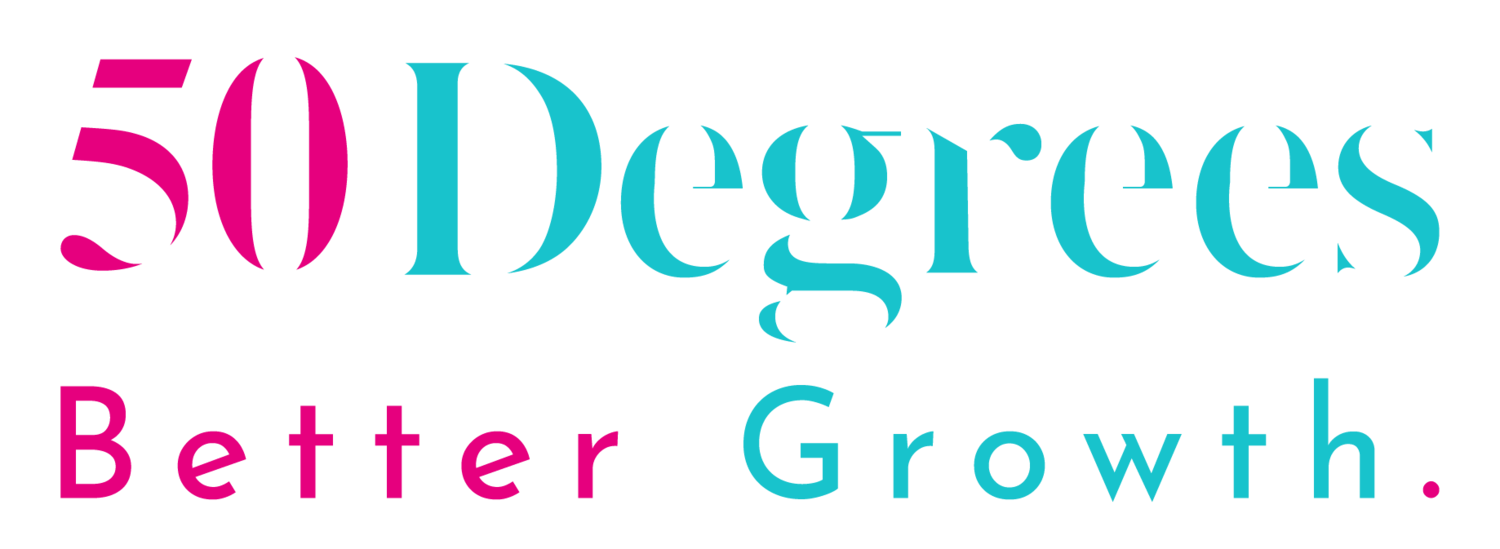Is there such a thing as a stupid question?
How I learned the value of knowing what I don’t know
While I had a lot of fun with my last blog, which provided some insight into what it’s like working at 50 Degrees, I’ve now been with the company almost a year and it’s probably time to write something a bit more sensible, or at least actually relevant to bid writing.
So here we go! I have been reflecting on what I’ve learned over the last ten months of working here – our role and purpose, how we work with our clients, and ultimately the experience and the value that we provide.
In this vein, our ever-vigilant grand tsar of comms John Ashworth recently drew my attention to this twitter post, which discusses the merits of asking ‘stupid questions’. While I definitely agree that it’s better to ask questions than not, and have indeed asked a great many stupid questions over the course of my life (inside and outside of work), I also think that learning to understand and be comfortable with what you don’t know is an even more valuable skill.
Asking questions is an important part of learning and growth – and as Lucy pointed out in her lovely blog on a graduate’s perspective, 50D really is an excellent place for this – but learning the intricacies of when to ask the right questions, and how to effectively capture someone else’s expertise, is a crucial part of building a successful bid.
Learning from law
In my previous life as a wheel-greaser in the big corporate machine, before discovering I could work for a consultancy that gets the best out of its employees by focusing on actually enjoying work, I was for a spell a Bid Manager at a Top 30 UK law firm.
Now let me be clear this wasn’t a bad experience! The world of commercial law wasn’t quite for me, but the firm was generally a nice place to work, and the role helped me to learn a lot. I gained some great bid experience, but perhaps my most valuable takeaway was seeing how the most experienced lawyers provided value for their clients.
After a few months I started to see nuances in the perspective of different types of lawyers and what was important to their clients – clean energy lawyers wanted to help change the world, planning lawyers had encyclopaedic legislative knowledge, public sector specialists consistently strived to evidence compliance and value for money – but one thing rang true across every sector and service.
While junior lawyers always wanted to show you how much they knew, the senior lawyers, those who brought in business and managed client relationships, were always quick to tell you exactly what they didn’t.
The crux of it all
OK OK, nice story, but what does it have to do with my experience at 50 Degrees? Don’t worry we’re not going to start charging commercial lawyer rates any time soon, but I can see a clear parallel between 50D and the law firm, albeit through a slightly different lens.
Since joining 50D I have worked on multiple types of bids, across several sectors. While the context and topics covered changes from bid to bid, the 50D approach remains the same – invest time and effort into working cohesively with your client, immerse yourself in their business and the end user’s needs, and build a comprehensive picture of the bid landscape.
Have open conversations with interesting people about why they do things the way they do, learn what makes them experts, and translate this passion into work-winning proposals. Do it with a smile on your face and chuck in a few jokes where you can, because meeting bid deadlines can be really, really difficult and it’s so much easier when you’re all on the same side. Embrace the gaps in your knowledge, use it as a strength to ask the questions that make a difference, to find the details that will make a proposal good, or even exceptional. Maybe even, if the situations permits, do it over a couple of negronis.
Working in this way, and employing people who genuinely enjoy building new relationships and learning new things, allows us to help our clients push the boundaries of what is business as usual, challenging the way things are done and finding new ways to meet end user needs and win business.
And I bloody love it.
Peace and love,
Dan Hill
Principal Consultant
